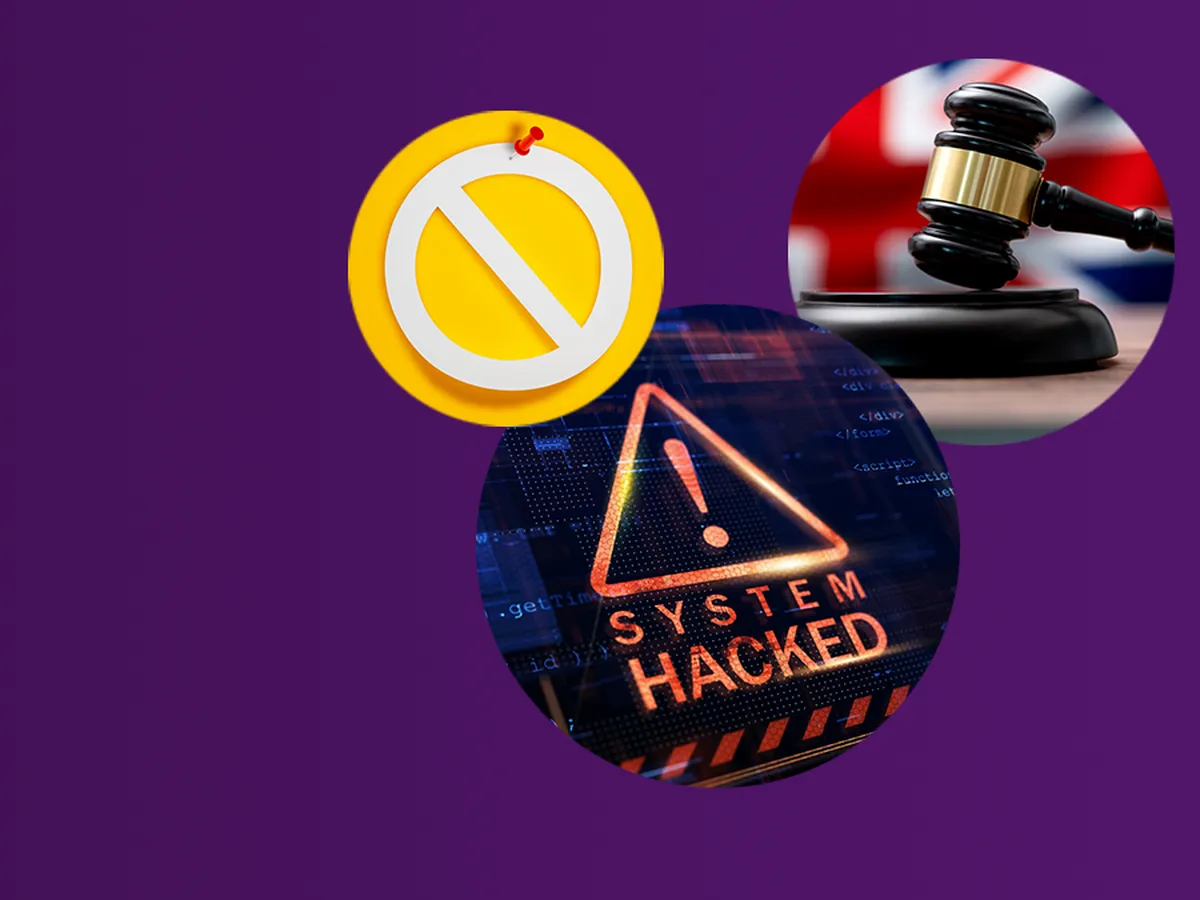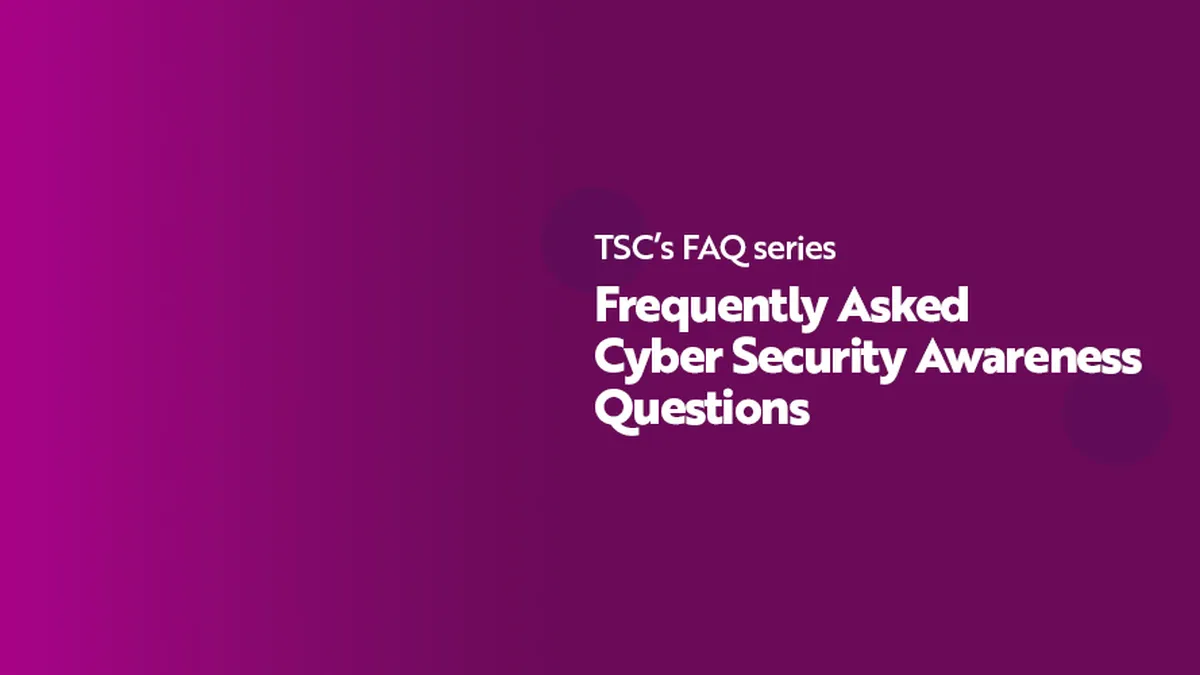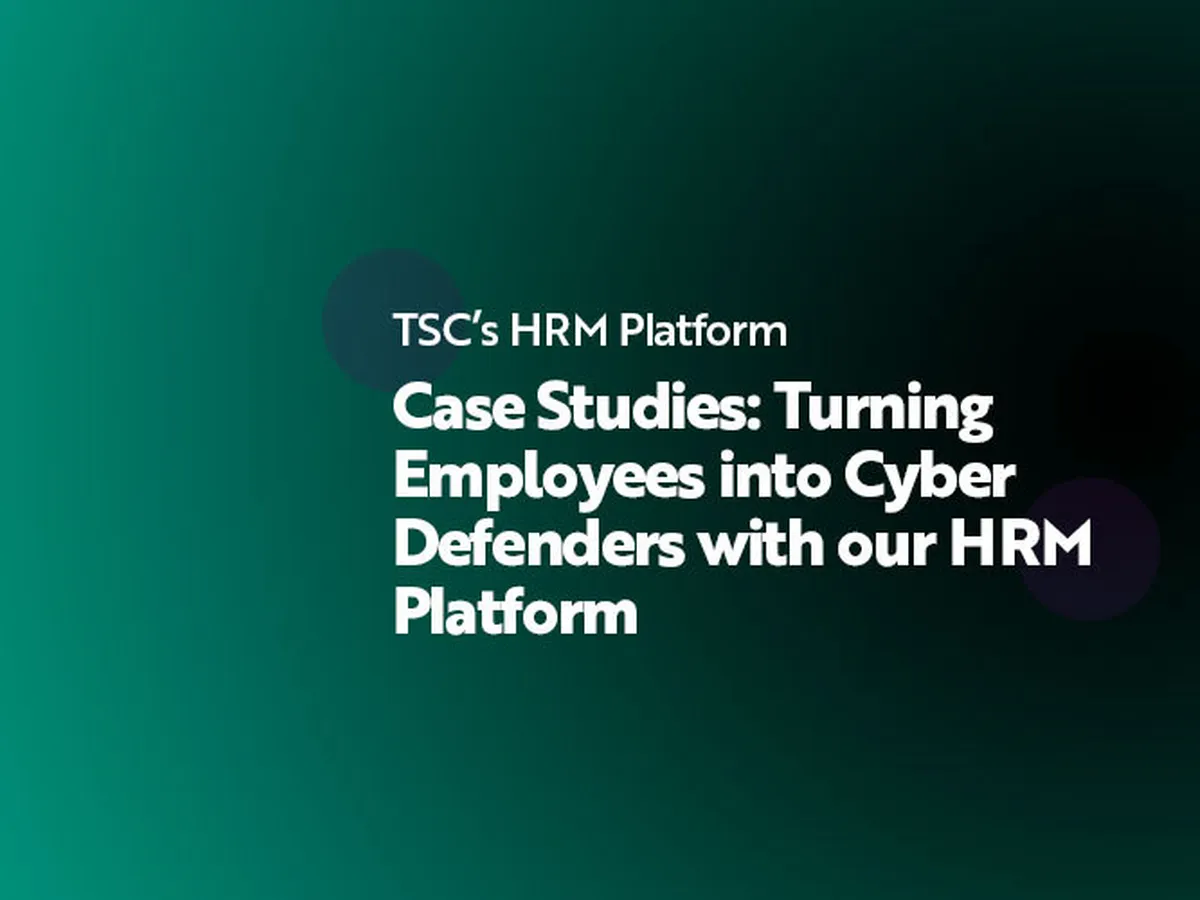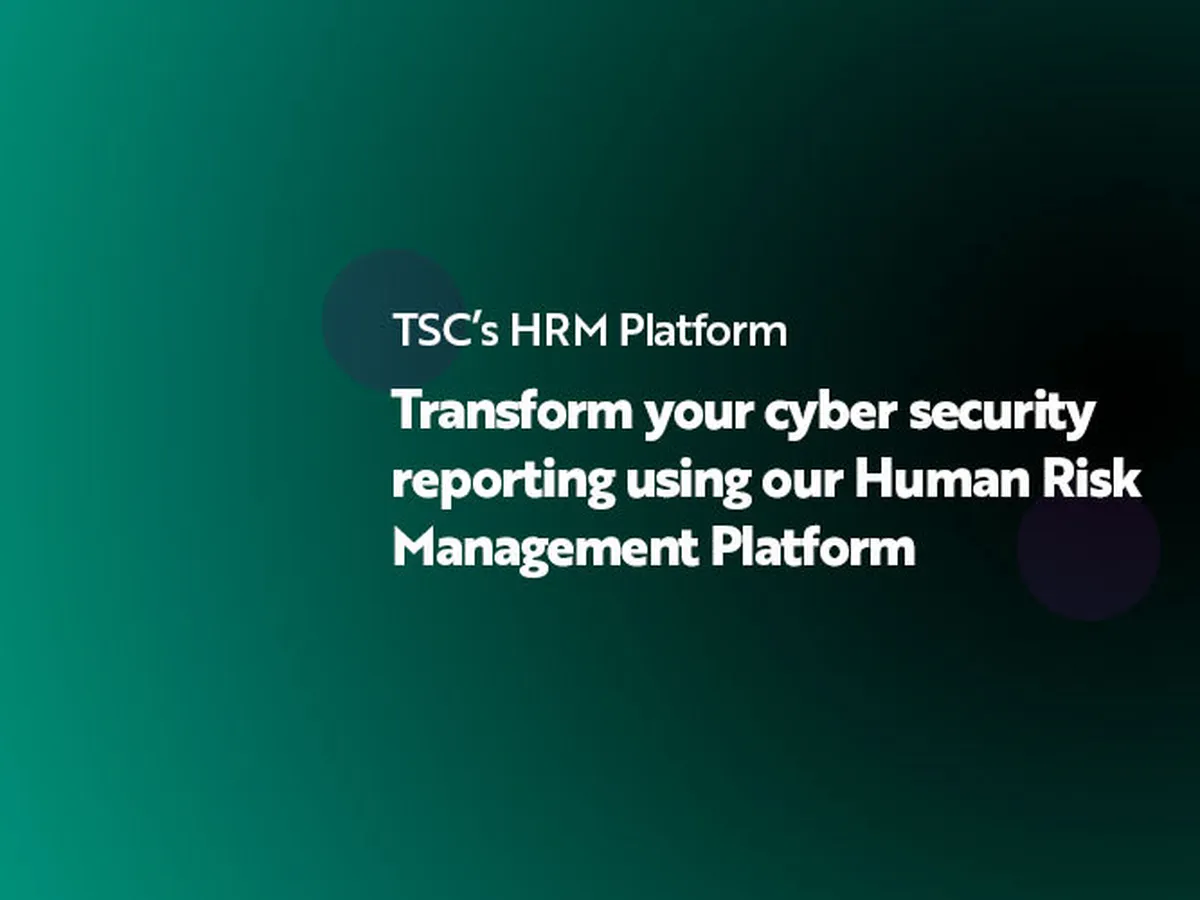
- Ransomware
- 8 min read

Today is international Identity Access Management Day! So, what better occasion is there than today to focus on this often-overlooked corner of cyber security.
Identity Access Management (IAM) stands out as a cornerstone in fortifying cyber defences and promoting a culture of security consciousness.
IAM encompasses the policies, processes, and technologies utilised by organisations to manage and control digital identities and their access to various systems and resources within the network – it is a vital aspect of identity and data management.
At its core, IAM revolves around authenticating users, authorising access based on predefined roles and permissions, and ensuring compliance with security policies.
IAM serves as the gatekeeper of digital identities, orchestrating the seamless flow of access privileges while safeguarding against unauthorised entry and potential breaches. By centralising identity management, organisations can streamline user provisioning, access requests, and deprovisioning, thereby bolstering security posture and operational efficiency.
IAM Security is built on three pillars that form a robust framework for safeguarding digital assets. They are:
Around 40-50%, of organisations are forecasted to have adopted Cloud Identity and Access Management (CIAM) in 12 – 24 months. Is your organisation taking this seriously?
Organisations worldwide must adhere to a variety of regulations, such as the General Data Protection Regulation (GDPR) in the European Union, UK GDPR, the Health Insurance Portability and Accountability Act (HIPAA) in the United States, and the Personal Data Protection Act (PDPA) in Singapore, among others.
These regulations impose stringent requirements on how organisations collect, store, process, and share personal and sensitive data. For example, the HIPAA Privacy Rule requires organisations to block employee access to PHI (Protected Health Information) as soon as the employee leaves the organisation or is terminated. Similarly, the GDPR and California Consumer Privacy Act (CCPA) laws require businesses to maintain access management and strong authentication methods to protect data related to their customers.
While IAM technologies form the backbone of access management, the efficacy of these hinges on the human factor. Cyber security training and awareness initiatives play a pivotal role in fostering a security-conscious culture across all levels of the organisation. By educating employees on the significance of IAM practices, recognising phishing attempts, and adhering to security protocols, organisations can empower their workforce to become vigilant defenders against cyber threats.
Targeted training programs tailored to specific roles and responsibilities equip employees with the requisite knowledge and skills to navigate potential security challenges effectively. Through continuous learning and simulated exercises, organisations can instil a proactive mindset, engendering a collective commitment to safeguarding sensitive data and upholding cyber resilience.
Identity Access Management is a linchpin in fortifying organisational defences and preserving data integrity. By adhering to the principles of identification, authentication, and authorisation, organisations can establish robust access controls and mitigate the risks associated with unauthorised access and insider threats.
Moreover, compliance with regulatory mandates underscores the imperative of implementing comprehensive IAM frameworks to safeguard sensitive information and uphold data privacy standards. However, the efficacy of IAM measures is contingent upon the synergy between technology and human behaviour.
Through targeted cyber security training and awareness initiatives, organisations can cultivate a security-conscious culture, empowering employees to become proactive guardians of cyber resilience. By integrating IAM best practices with a comprehensive approach to cyber security awareness, organisations can navigate the evolving threat landscape with confidence and resilience.



© The Security Company (International) Limited 2025
Office One, 1 Coldbath Square, London, EC1R 5HL, UK
Company registration No: 3703393
VAT No: 385 8337 51


